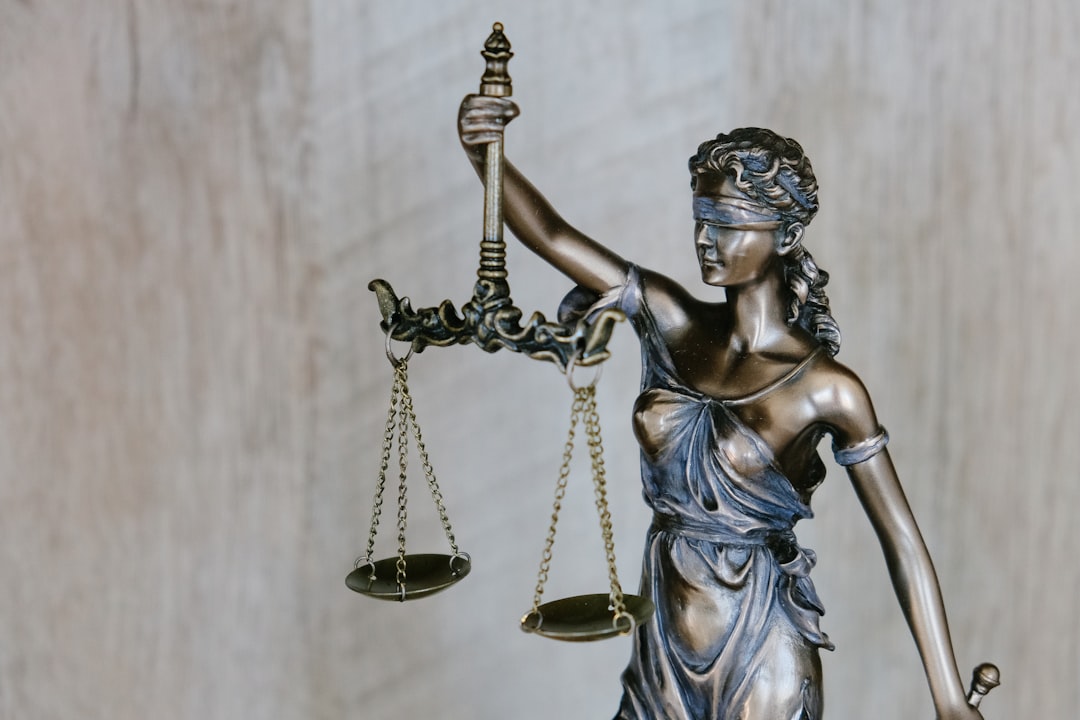In West Virginia, consumers are protected by the Consumer Credit and Debt Collection Act (CCDC) and the Consumer Protection Act against unfair debt collection practices. A lawyer specializing in these laws can guide borrowers, ensure collector compliance, draft legal documents, file lawsuits, dispute inaccurate reports, and educate both parties on their rights and obligations. Consulting such a lawyer is crucial for effectively navigating West Virginia's debt collection laws.
In West Virginia, the Consumer Protection Act plays a crucial role in safeguarding residents from unfair debt collection practices. This comprehensive legislation outlines clear guidelines for debt collectors operating within the state, ensuring transparency and legal protections for consumers. Understanding these laws is essential for anyone facing debt collection efforts. This article explores the intricacies of debt collection practices in West Virginia, highlights legal protections available to debtors, and emphasizes the value of consulting a skilled lawyer for debt collector cases for effective navigation through these regulations.
Understanding West Virginia's Consumer Protection Laws
In West Virginia, consumer protection laws are designed to safeguard individuals from unfair and deceptive practices, especially in financial transactions and debt collection. The state’s Consumer Credit and Debt Collection Act (CCDC) is a comprehensive legislation that regulates the behavior of debt collectors operating within its borders. This act provides consumers with various rights and protections against aggressive or illegal debt collection practices.
If you’re facing debt collection issues or are concerned about your rights as a consumer, consulting a lawyer specializing in West Virginia’s debt collection laws can be immensely beneficial. Legal experts in this field can guide individuals through the complexities of the CCDC, ensuring their rights are respected and providing the necessary tools to resolve any disputes effectively.
Debt Collection Practices and Legal Protections
In West Virginia, debt collection practices are regulated by the Consumer Protection Act, which provides legal protections for individuals dealing with debt collectors. If a debt collector violates these laws, a lawyer for debt collector in West Virginia can help consumers exercise their rights. These protections include prohibiting abusive, unfair, or deceptive acts by debt collectors, such as threatening language, misrepresenting the amount owed, or using harassment tactics.
Consumers have the right to request validation of the debt, meaning they can ask the debt collector to prove they owe the money. If the collector cannot provide this validation, it may be a sign of fraudulent activity. A West Virginia lawyer for debt collector can guide consumers through these rights and help them navigate any legal issues that arise during the debt collection process.
The Role of a Lawyer in Debt Collector Cases
In cases involving debt collection, having a lawyer by your side is crucial under the Consumer Protection Act in West Virginia. A qualified attorney specializing in this area can provide invaluable assistance to individuals facing aggressive or unfair debt collection practices. They play a pivotal role in navigating the complexities of the law and ensuring that collectors adhere to their rights as borrowers.
A lawyer for debt collector laws in West Virginia can help clients understand their legal options, draft cease-and-desist letters to stop harassment, and file lawsuits if necessary to recover damages or obtain injunctions against abusive collection tactics. Their expertise enables them to challenge the validity of debts, dispute inaccurate information in credit reports, and educate both collectors and consumers about their mutual obligations under state and federal regulations.






